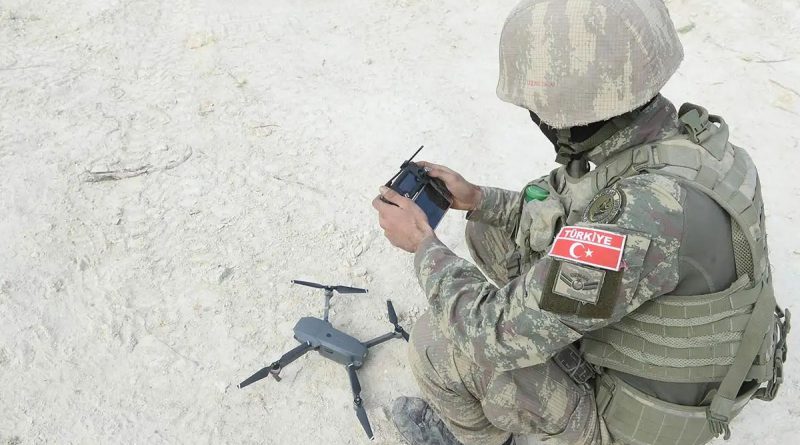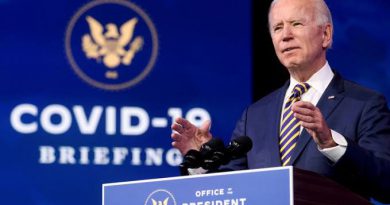Turkish Drones Backing Muslim Brotherhood Militias in Northern Syria
Washington — Renowned foreign policy analyst, Walid Phares, has brought attention to the involvement of Turkish drones providing air support to Muslim Brotherhood militias in their attacks on Syrian Democratic Forces (SDF) positions in Northern Syria.
Phares, known for his expertise in international affairs, expressed his dismay at the situation, questioning whether this represents the actual policy of the United States.
The SDF, a coalition of ethnic militias and rebel groups in North and East Syria, was formed during the Syrian civil war and consists of Kurdish, Arab, Assyrian/Syriac, Armenian, Turkmen, and Chechen forces. The coalition, primarily led by the People’s Protection Units (YPG), has been engaged in combating various Islamist and Arab nationalist forces, including al-Qaeda affiliates, the Islamic State of Iraq and the Levant (ISIL), the Syrian National Army (TFSA), the Turkish Armed Forces, and their allies.
Phares’ remarks draw attention to the complex dynamics at play in the region, highlighting the involvement of Turkey, a NATO member, in supporting militias associated with the Muslim Brotherhood. This raises concerns about the implications for the United States, as the SDF has been considered an ally in the fight against ISIS.
Phares’ question directed at “Madam #zehrabell”, seeks clarity on whether this aligns with the official policy of the United States.
The situation underscores the ongoing complexities and challenges facing Syria and its neighboring countries. The conflict has drawn in various regional and international actors with conflicting interests, making it difficult to navigate a cohesive and unified approach.
As international observers continue to monitor the situation, Phares’ remarks shed light on the potential ramifications of Turkish involvement in Northern Syria. The implications for the United States, as a key player in the region, raise important questions about the consistency and coherence of its policies.



